Could surging gas prices help solve the methane leak crisis?
Business Green
FEBRUARY 23, 2022
New IEA analysis reveals methane emissions from the energy sector are 70 per cent higher than official reports, but could high gas prices finally prompt operators to tackle the problem. It is one of the biggest and most worrying mysteries in the field of climate science: where are all the methane emissions coming from?

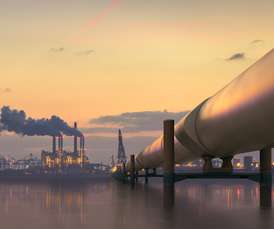

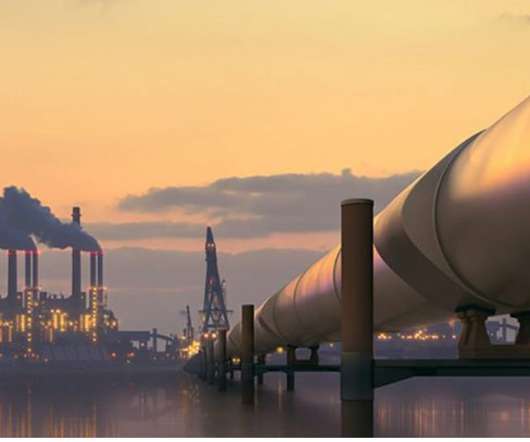
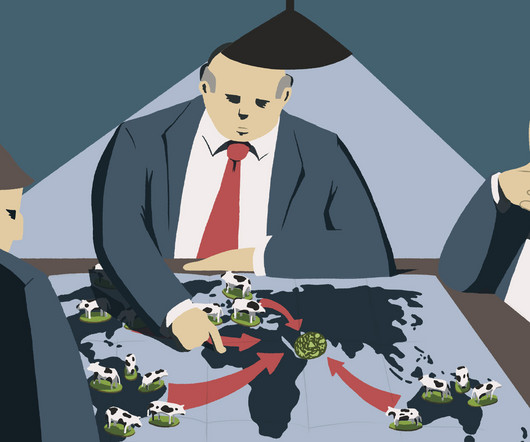

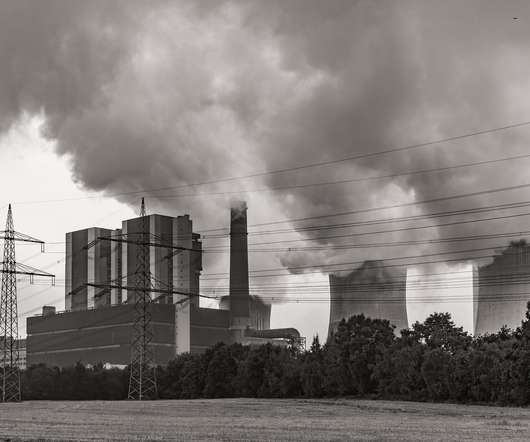

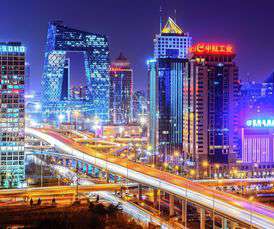
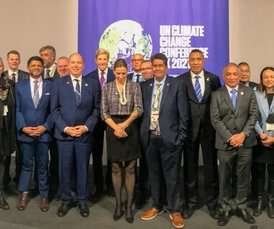











Let's personalize your content